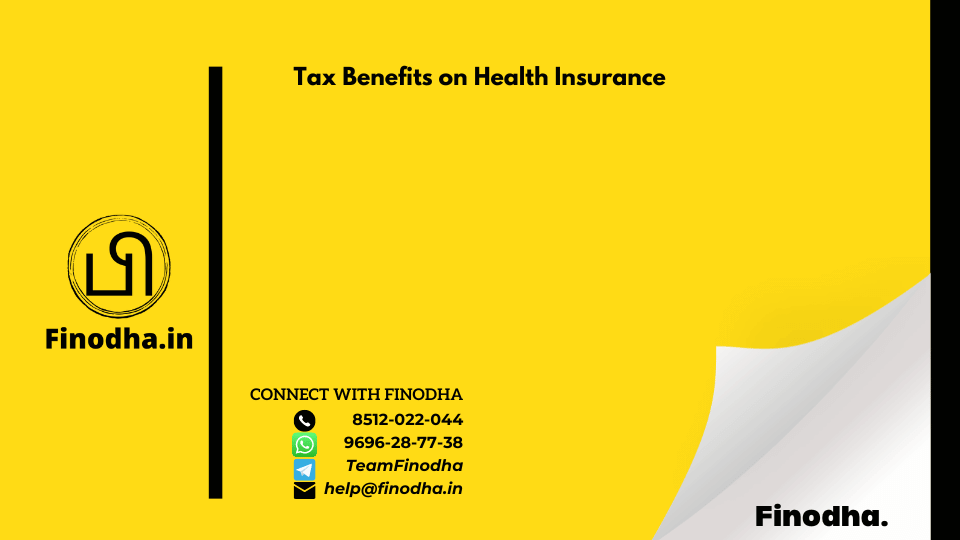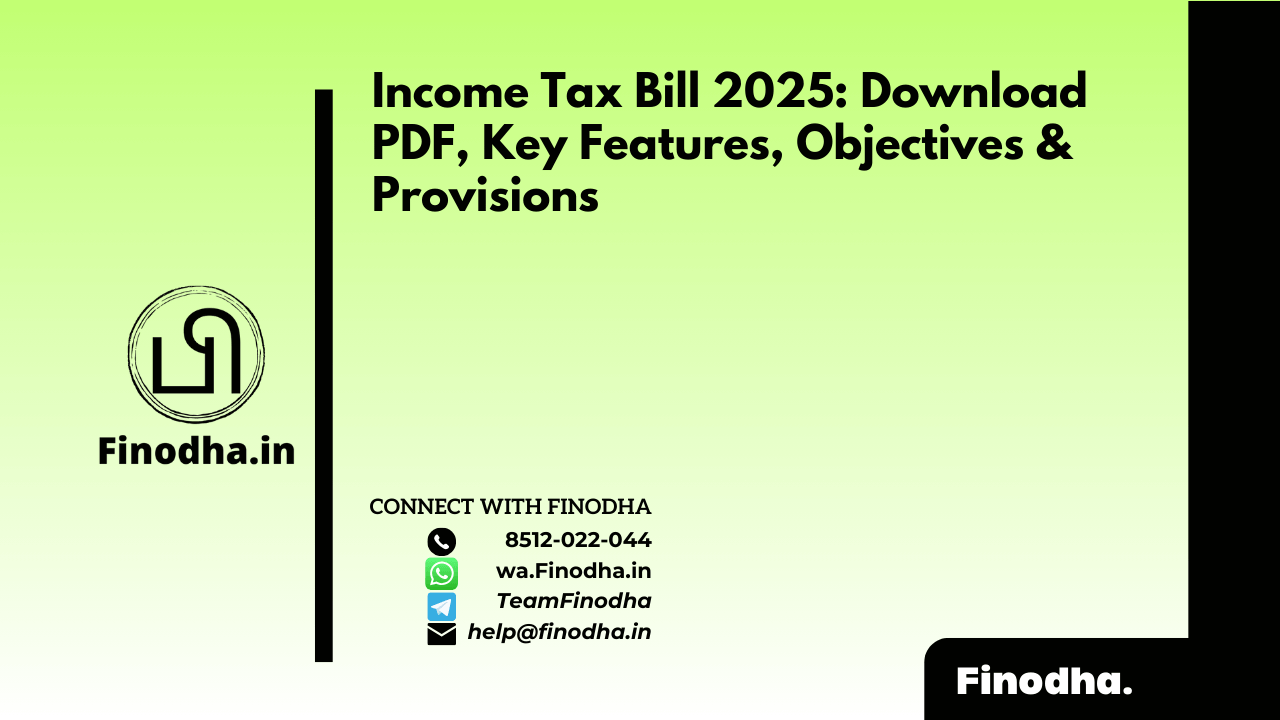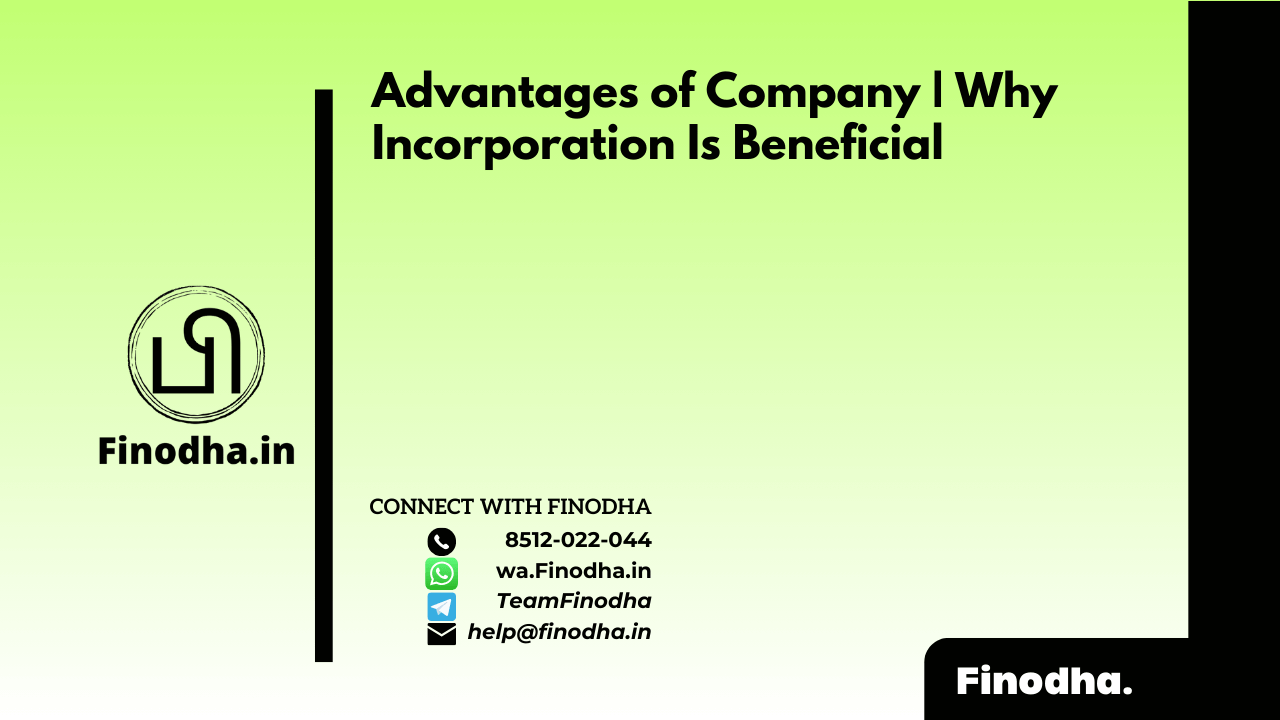Important Keyword: Income Tax, Tax Benefits, Tax Benefits on Health Insurance.
Table of Contents
Tax Benefits on Health Insurance
The rising expenses associated with medical care are a significant concern for everyone. Health insurance plays a crucial role in mitigating these costs, shielding individuals from financial burdens that could otherwise be overwhelming. By paying a modest premium, individuals can secure themselves against unforeseen medical emergencies, alleviating the strain of hefty out-of-pocket expenses.
Typically, a basic health insurance policy covers essential expenditures such as hospital stays, surgeries, and routine medical examinations. In addition to providing financial security, the government incentivizes health insurance through tax benefits. These incentives aim to encourage more people to avail themselves of health insurance, thereby fostering a healthier population and reducing the overall burden on public healthcare services.
Exemption on Health Insurance Premium
Individuals and Hindu Undivided Families (HUFs) can benefit from a tax deduction under Section 80D of the Income Tax Act for premiums paid towards health insurance. This deduction applies when the insurance policy covers oneself, spouse, dependent children, and dependent parents. The amount deductible varies based on who is paying the premium.
This provision encourages individuals to prioritize health insurance, thereby reducing the financial burden associated with medical expenses. It’s important to understand that the tax benefit is structured to accommodate different family compositions and financial situations. By availing of this deduction, taxpayers not only secure their family’s health but also optimize their tax planning strategy.
| Premium Paid For | Deduction Amount (INR) |
| Self, Spouse, and children (All members < 60 years) | 25,000 |
| Self, Spouse and Children + Parents (All members < 60 years) | 50,000 (25,000 + 25,000) |
| Self, Spouse and Children + Parents (Others < 60 years and Parents > 60 years) | 75,000 (25,000 + 50,000) |
| Self, Spouse and Children + Parents (All eldest members > 60 years) | 1,00,000 (50,000 + 50,000) |
In the domain of Indian income tax regulations, certain provisions exist to alleviate financial burdens associated with health-related expenses and disabilities. Here’s a simplified breakdown:
Deductions for Preventive Health Checkups (Section 80D):
Taxpayers can avail deductions for expenses incurred on preventive health checkups under Section 80D. The maximum deduction allowed is INR 5,000. It’s important to note that these expenses are part of the overall limit applicable for health insurance premiums. Therefore, they cannot exceed the premium limits.
Exemption for Individuals with Disabilities (Section 80U):
Individuals who are classified as disabled, with a disability ranging from more than 40% to less than 80%, can claim a deduction under Section 80U. For such individuals, the deduction amount is INR 75,000. For those considered severely disabled, with a disability exceeding 80%, the deduction amount increases to INR 1,25,000.
Exemption on Treatment of Critical Illnesses (Section 80DDB):
Section 80DDB allows residents and Hindu Undivided Families (HUFs) to claim deductions for expenses incurred on specified critical illnesses. If the taxpayer is below 60 years old, the deduction limit is INR 40,000. For those aged 60 years and above, the limit rises to INR 1,00,000.
Exemption on Maturity Amount (Section 10(10D)):
Maturity amounts received from life insurance policies are generally tax-exempt under Section 10(10D) if certain conditions are met:
- For policies issued after April 1, 2012, the premium paid should be less than 10% of the sum assured.
- For policies issued before April 1, 2012, the premium paid should be less than 20% of the sum assured.
- Policies issued after April 1, 2013, are also covered under this exemption, but the premium should be less than 15% of the sum assured. This exemption applies specifically to individuals who have disabilities or specified diseases under Sections 80U and 80DDB, respectively.
Tax Deduction at Source (TDS) on Life Insurance Policy (Section 194DA):
If the maturity amount or any bonus payment from a life insurance policy exceeds INR 1 lakh and is not exempt under Section 10(10D), the insurer deducts TDS at a rate of 5% under Section 194DA before making the payment. However, if the amount is less than INR 1 lakh, no TDS is deducted, although the amount is still taxable.
Read More: PM CARES Fund – A Complete Guide
Web Stories: PM CARES Fund – A Complete Guide
Official Income Tax Return filing website: https://incometaxindia.gov.in/




